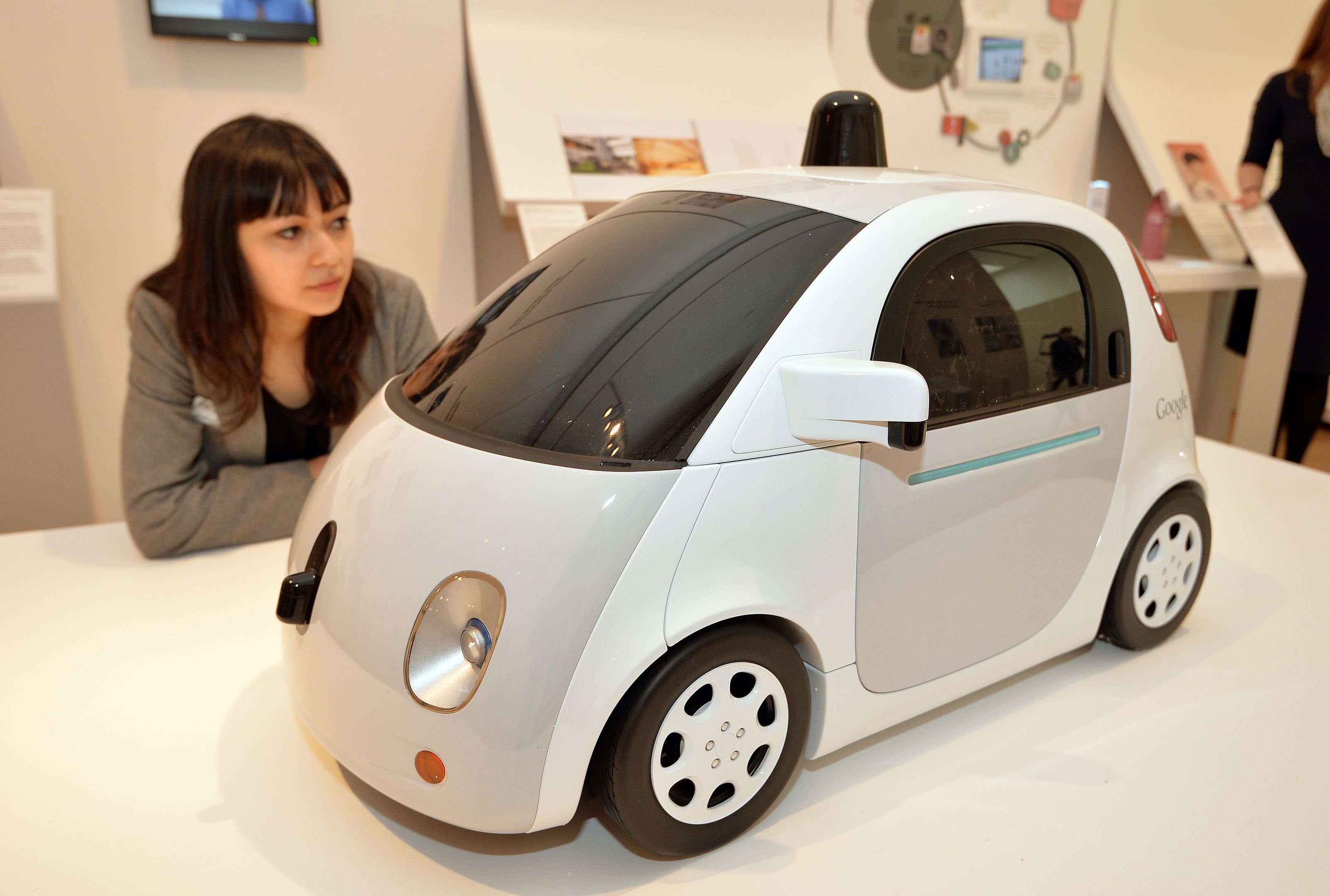
A survey of 1,000 British drivers found that more than a third (34%) think the technology is a bad idea, with 45% being unsure.
When those polled were asked to predict when driverless cars will become the norm, the median time given was “more than a decade away”.
The research was commissioned by IAM RoadSmart, formerly the Institute of Advanced Motorists.
The organisation’s chief executive, Sarah Sillars, said: “Intelligent cars will deliver a step change in road safety by targeting the human errors we make from time to time.
“At IAM RoadSmart we believe a well-trained driver and an ever-vigilant car is a win-win scenario for the future.”
The study also found that the best liked aspect of driverless cars would be if drivers behind were not able to get too close to them, with 90% in favour of this.
Chancellor George Osborne announced plans in March’s Budget for trials which will allow driverless cars on motorways next year.
Tests of “truck platooning” will be carried out on motorways, which would see lorries travel in a tightly packed convoy that improves fuel economy by reducing aerodynamic drag.
Proposals sweeping away regulations that prevent autonomous driving are expected to be brought forward this summer that would allow driverless cars to take to the roads by 2020.
READ MORE

Enjoy the convenience of having The Sunday Post delivered as a digital ePaper straight to your smartphone, tablet or computer.
Subscribe for only £5.49 a month and enjoy all the benefits of the printed paper as a digital replica.
Subscribe